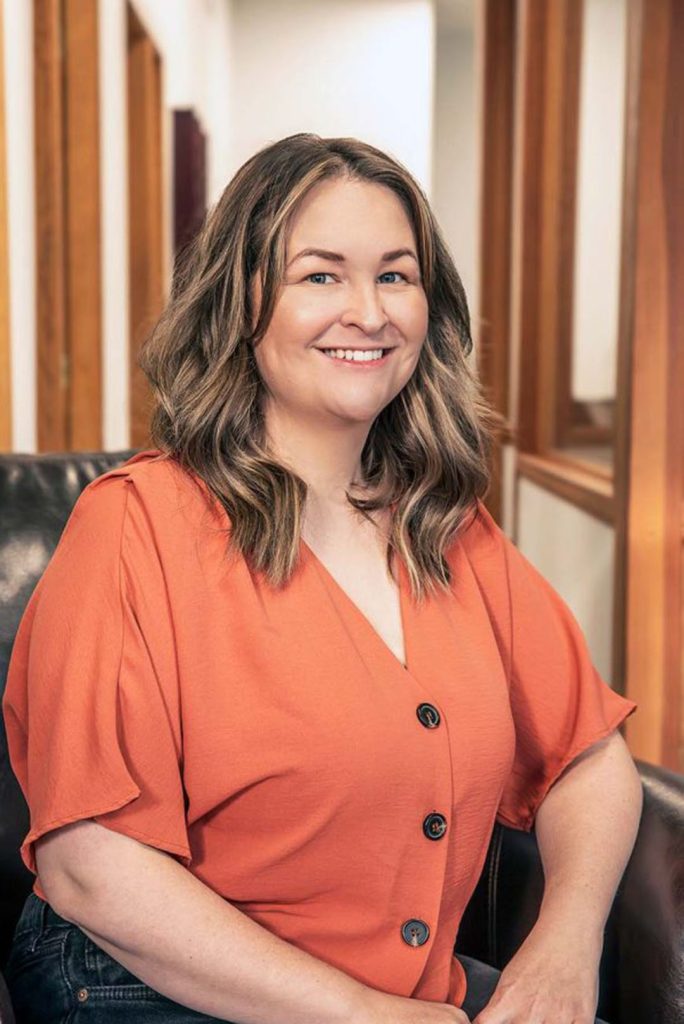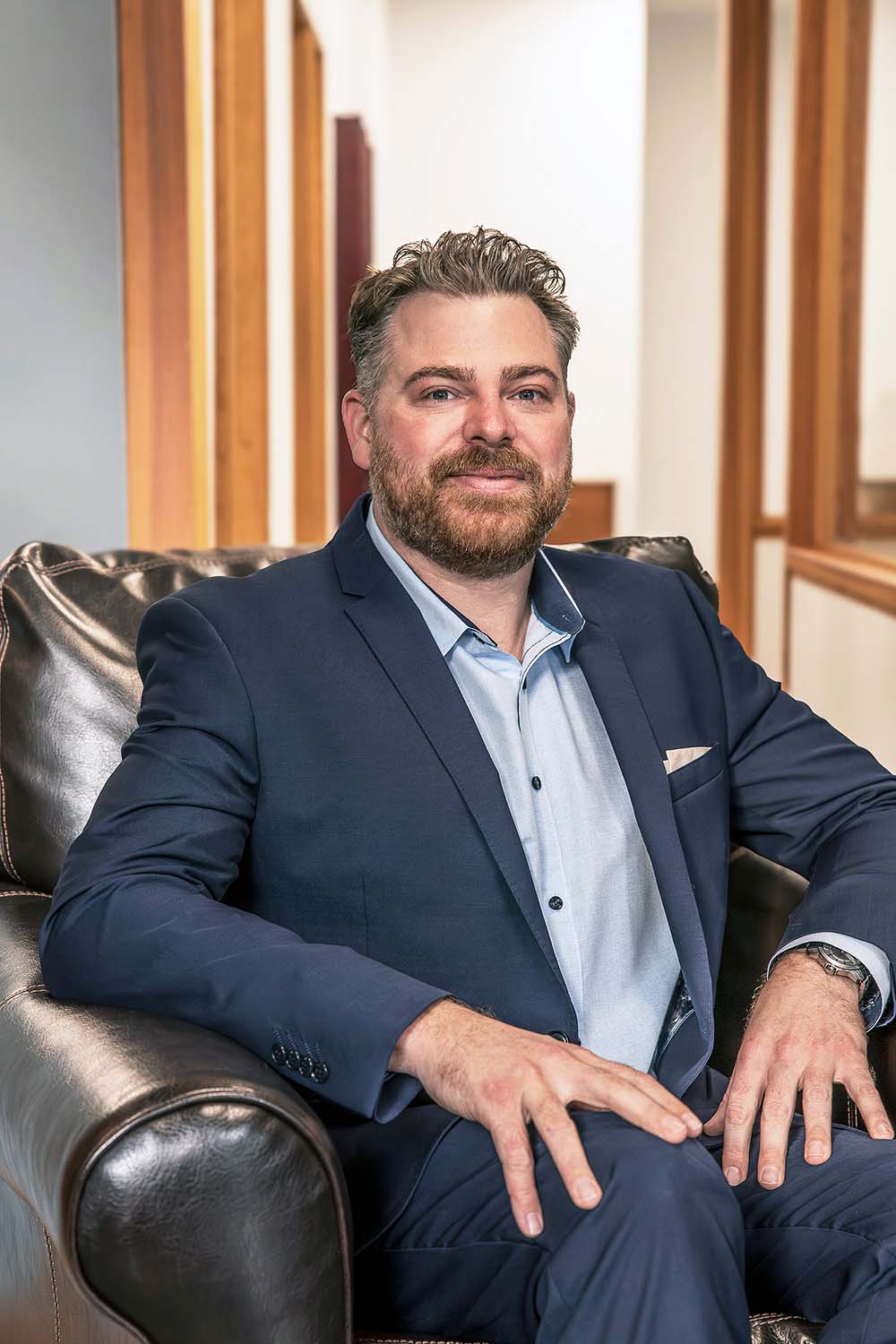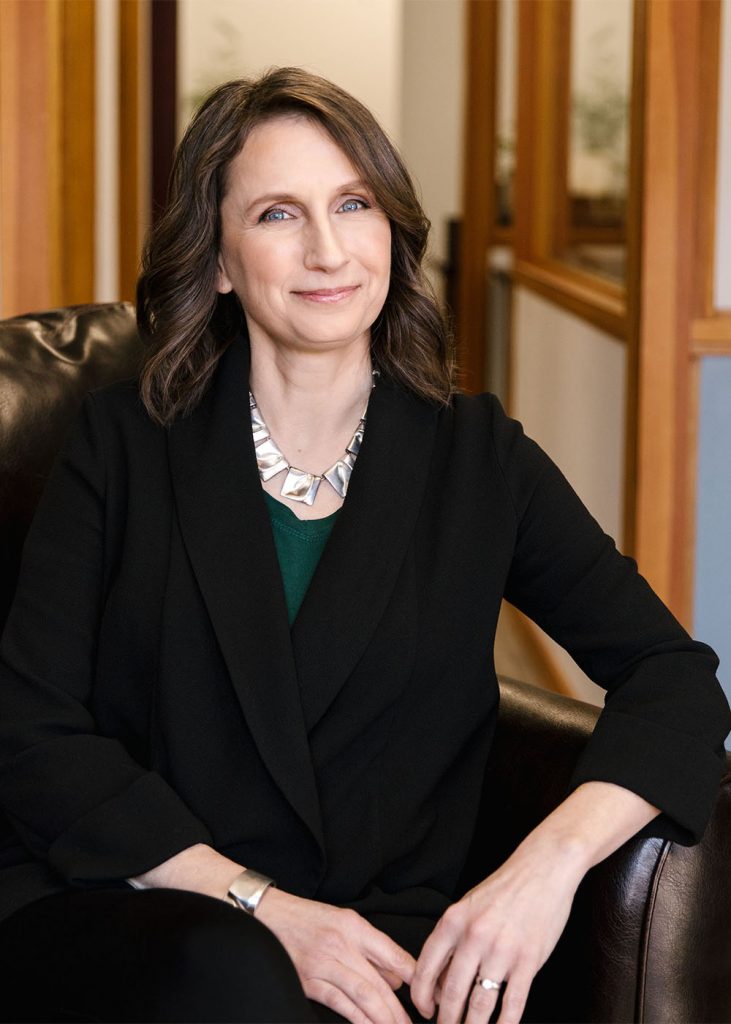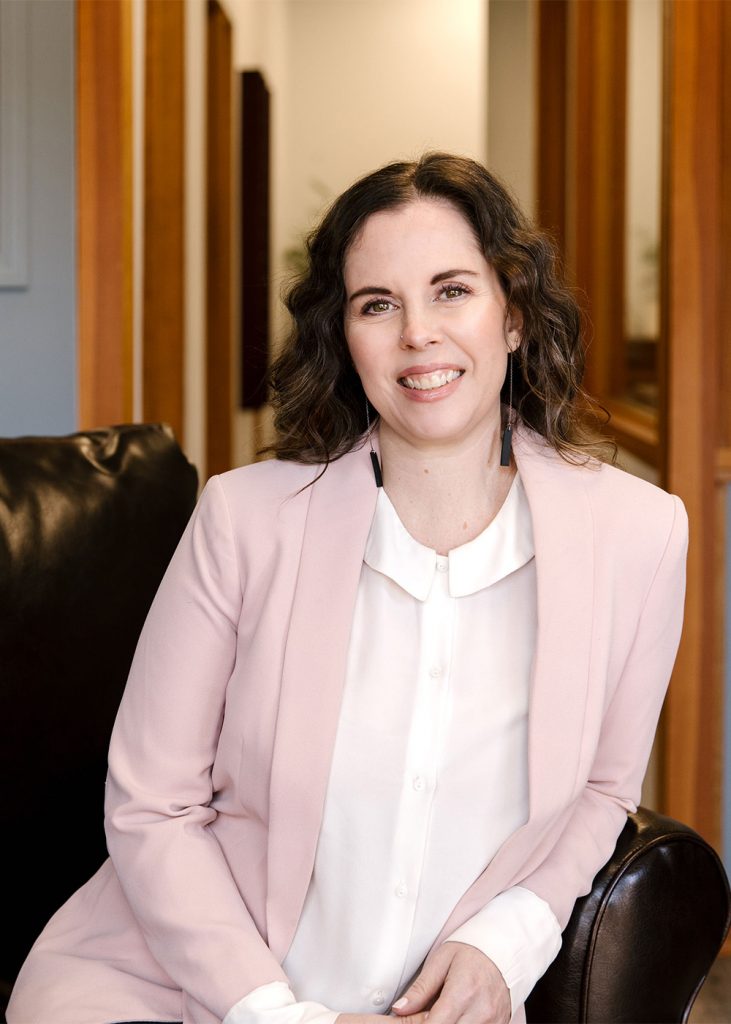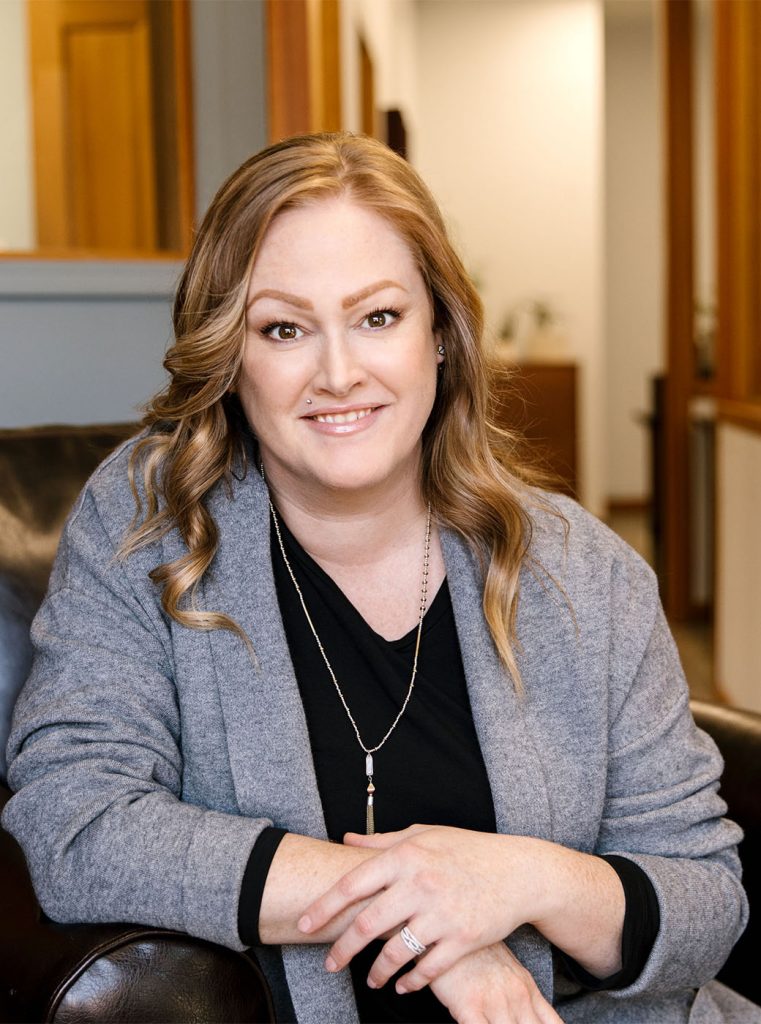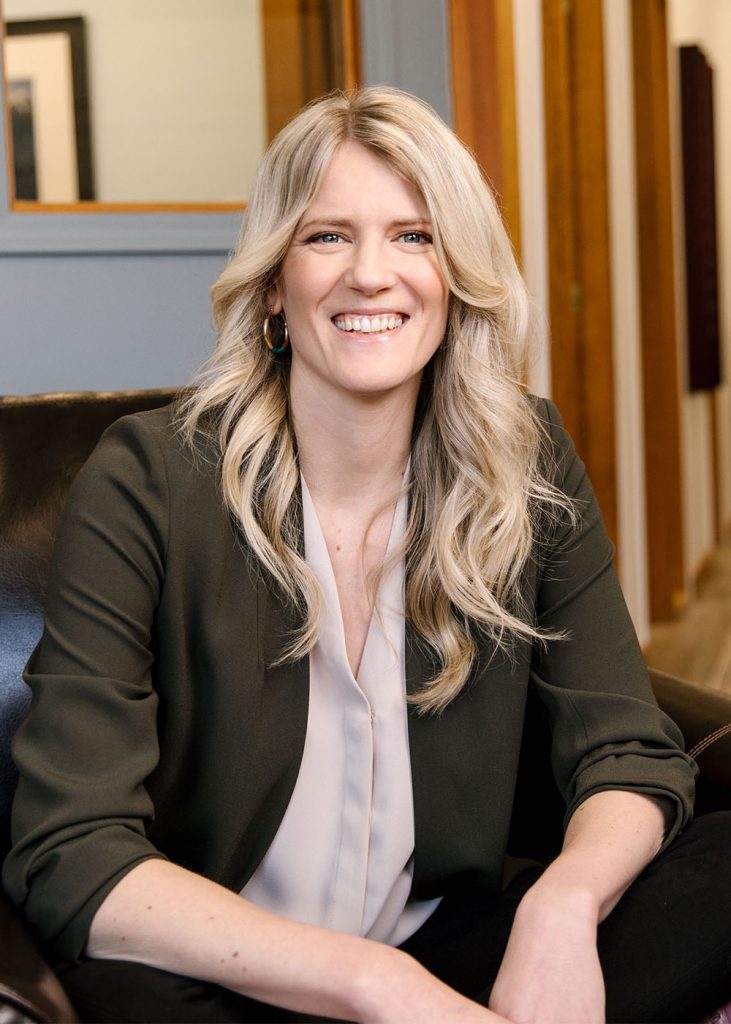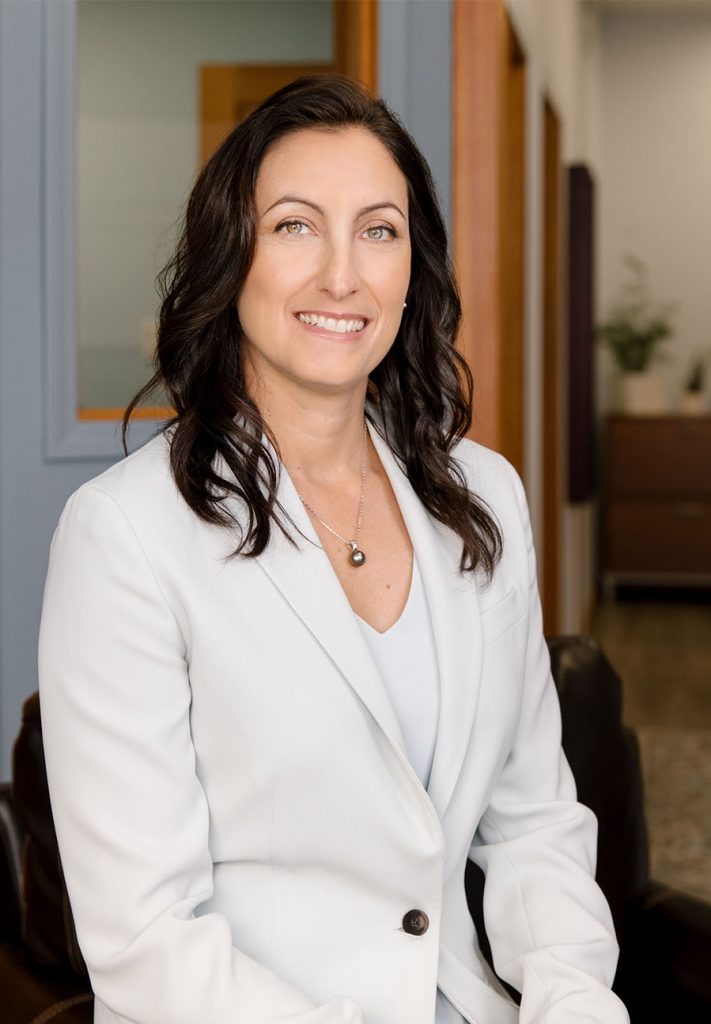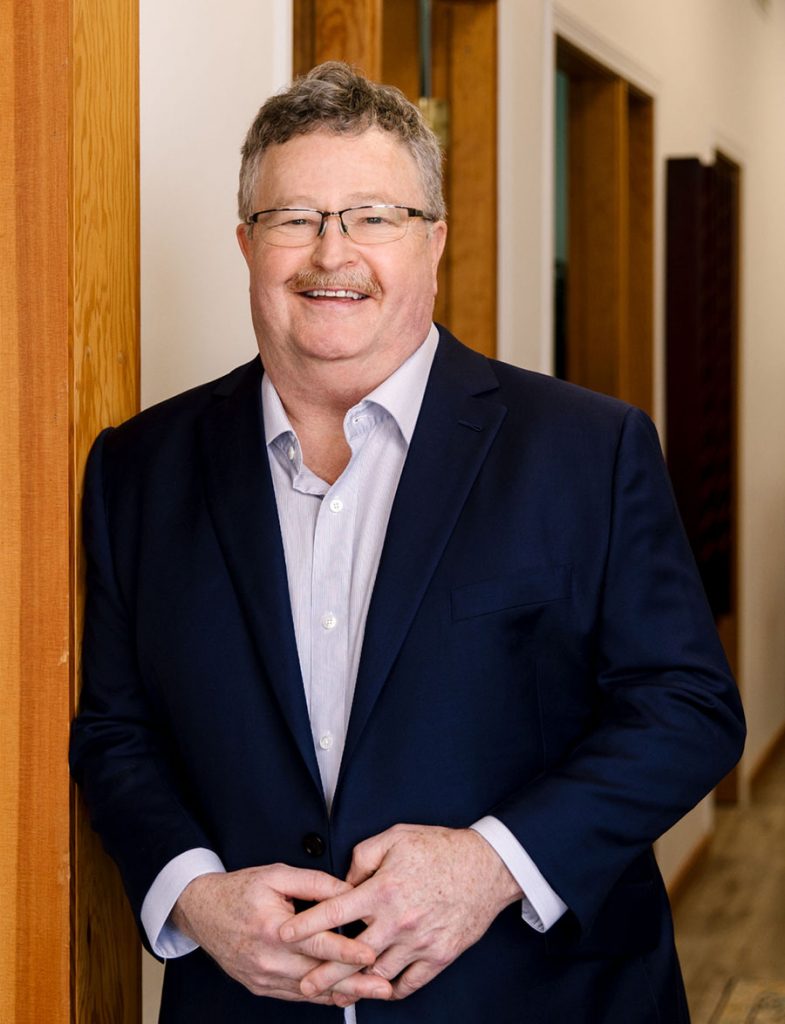Squamish is a small town on the traditional territory of the Squamish Nation, Sḵwx̱wú7mesh Úxwumixw in British Columbia that’s known to attract adventurous souls.
If you haven’t visited, Squamish is coastal with steep mountains. The terrain gives the creeks their rapids and the trails their downhill speed. In winter, the snow is deep and in summer, the days are long. All year, visitors and locals search for the freedom of the hills in Squamish.
It’s no surprise that the people who are drawn to this lifestyle are often those that crave freedom in many areas of their lives.
Quite a few locals wistfully dream of the freedom to be able to ditch work on a powder day or be able to head out on a weeklong road trip to kayak when they hear that the river levels are rising.
Sometimes it’s about more than practicality, though. Being told what to do, when you need to do it, and how much you’ll be paid can be hard for some people to swallow.
Or, they’ll simply crave a new career adventure when their current career starts to feel stale.
These folks might want to start a business to earn their freedom, often without realizing how much freedom a steady paycheque, not to mention employment in general, can really provide.
If you’re thinking of starting a business, I wonder if you’ve considered a few costs that are hard to grasp when you’re first starting out.
This article isn’t going to be about the cost of doing business. Those costs are highly dependent on your industry or service. This article is going to be about the personal costs associated with being self-employed that are often forgotten by the people I work with.
The early years of business ownership can be tough. There’s a lot of expenses, a lot of them unplanned for, and the transition from employee to self-employed can be very painful. Let’s make it easier for you so you know what to expect and can plan for these expenses in advance.
Education
If you’ve never run a business before, there’s going to be a lot to learn. If you don’t think you’ll need to learn anything, I challenge you to change your mind about this.
Funding a personal development/business development budget will be an important way to make sure you’re running a profitable enterprise.
Medical Expenses
If you have benefits through your employer, these benefits obviously reimburse you for a lot your medical expenses. Have you ever looked through how much you claim each year? If you’re an outdoorsy, active individual, I bet you’re spending a lot of time in the offices of your RMT, physiotherapist, chiro or acupuncturist.
What about your pharmacy? How much would your prescription medications cost without your benefits?
Over the entire year, these expenses that are reimbursed could add up to thousands of dollars. If you are self-employed, brace yourself to pay for these expenses out of pocket, or sign up for a private paramedical insurance program like Blue Cross or the Chambers health plan.
Disability Insurance
The most valuable part of your benefits package isn’t the paramedical reimbursement, although that’s what people value the most.
The real MVP of employee benefits is the disability insurance. It’s group coverage that doesn’t require a medical evaluation beforehand.
If you don’t have group benefits, you’ll need to get your disability insurance privately.
Group coverage is cheap compared to private coverage. If you’re totally healthy, a rough estimate of private coverage is double what you’d pay for group benefits. It’s also deducted from your paycheque typically, so it doesn’t feel as costly.
Consider also that private disability coverage will not cover you for “pre-existing conditions”. For example, if you currently have been prescribed Ativan for anxiety, or Citalopram for depression, then you wouldn’t be covered if you needed to take time off work for severe anxiety or depression. Group coverage doesn’t test for these things in advance, so you’d be covered as an employee under the same circumstances.
Canada Pension Plan
Did you know that your employer is paying half of your Canada Pension Plan contributions?
For someone who earned $100,000 as an employee in Canada in 2022, they would have contributed $3,500 to Canada Pension Plan (CPP) during the year. Their employer would have also contributed $3,500 on their behalf.
A self-employed person pays both amounts if they earned the same amount after business expenses – $7,000. The amount gets paid with the funds left in their bank account when they file their tax return.
GST & EI
A lot of expenses end up staying the same, though.
If you want Employment Insurance, you need to sign up for it in advance (manually), and pay the premiums when you file your personal tax return.
Same with CPP, mentioned above – that gets paid when you file your tax return.
What about GST? GST needs to be charged on your services once your revenue passes $30k, and the money you collect gets paid to CRA when you file the GST return.
Income Tax
The biggest beast to discuss last is income tax. Income tax needs to be paid when you file your personal tax return.
This expense can trip up a lot of business owners, especially in their first years when they’re investing heavily in the business.
A common mistake new business owners make is using 100% of customer payments to keep the business running, hoping to save cash from future earnings to pay their income tax bill.
It’s also hard for people to understand exactly what percentage of their profits need to be set aside for income tax because of our bracketed tax system. Dollars earned sequentially are taxed at different rates, so if the business is earning more than it was expected to, the amount set aside can be less than the tax bill.
Not only that, but your “taxable income” can be higher than shown on your Profit & Loss Statement.
That’s because investments into business assets (think vehicles, equipment, etc) aren’t given a full deduction in its first year. Instead, a percentage is deducted each year.
That means you might be paying income tax on funds you don’t even have, since they were used to purchase those assets.
Loss Aversion
GST, Income Tax, EI and CPP are all paid when self-employed people file returns in March or April of the subsequent year. That means these dollars have been sitting in your bank account (hopefully) all year long.
Unfortunately, that means they’ll be harder to let go of than funds that were previously just deducted before you received your pay.
Disability insurance is like this as well – it can be more painful to pay for than when you simply had these costs deducted from your pay.
That’s because of the behavioural bias called loss aversion. We’re a lot more reluctant to give money away that we already see as “ours”, meaning it’s visited our bank account. Money that never saw your account doesn’t seem as real, so it doesn’t hurt as much to pay.
A strategy to deal with this bias could be to move these funds into separate accounts (or categories in your budget, if you’re a YNABer like me) as soon as you receive them – give that account/category a nickname that really resonates with you, like “The Cost of Not Being a Wage Slave” or “The Government’s Money, Don’t Get Attached”.
A few other gimmes of being an employee
Another note to mention is that employers often offer additional paid parental leave in addition to EI parental leave.
Did you know that paid maternity leave through EI is only 15 weeks?
Parental leave can be split between parents, and is usually 40 weeks total.
In BC, you’re entitled to over 60 weeks of parental leave from your employer, but it does not have to be paid. Some employers offer top-ups, but if you’re self-employed, you’re covering that yourself.
Paid vacation days are also funded by your employer. If you plan to transition to self-employment, remember that all vacation days are going to be unpaid.
Summary
Hopefully we’ve cleared the air on what it can cost just to be self-employed.
Employees in our modern hustle culture can often feel like they’re getting the short stick, but there are a lot of extremely valuable benefits to being an employee that don’t get discussed enough.
If you want to make the transition, speak with your financial planner before you resign so you can work together to make a plan to help you achieve your goals.
The information contained herein has been provided for information purposes only. The information has been drawn from sources believed to be reliable. The information does not provide financial, legal, tax or investment advice. Particular investment, tax, or trading strategies should be evaluated relative to each individual’s objectives and risk tolerance. This does not constitute a recommendation or solicitation to buy or sell securities of any kind. Wellington-Altus Private Wealth Inc. (WAPW) does not guarantee the accuracy or completeness of the information contained herein, nor does WAPW assume any liability for any loss that may result from the reliance by any person upon any such information or opinions. Before acting on any of the above, please contact your financial advisor. WAPW is a member of the Canadian Investor Protection Fund and the Investment Industry Regulatory Organization of Canada.
© 2023, Wellington-Altus Private Wealth Inc. ALL RIGHTS RESERVED. NO USE OR REPRODUCTION WITHOUT PERMISSION.



